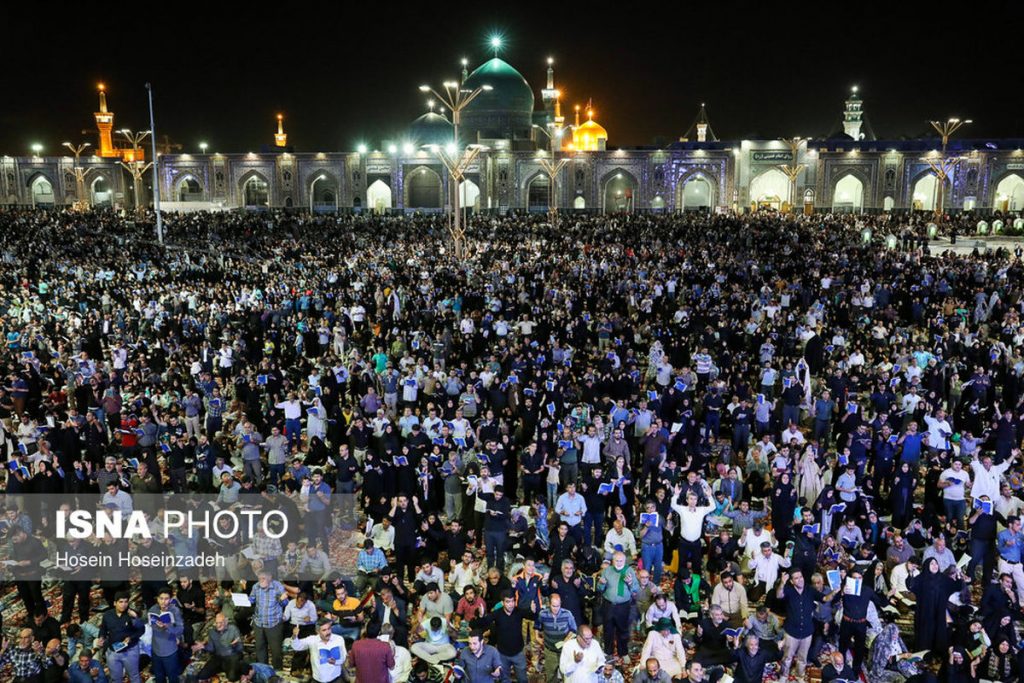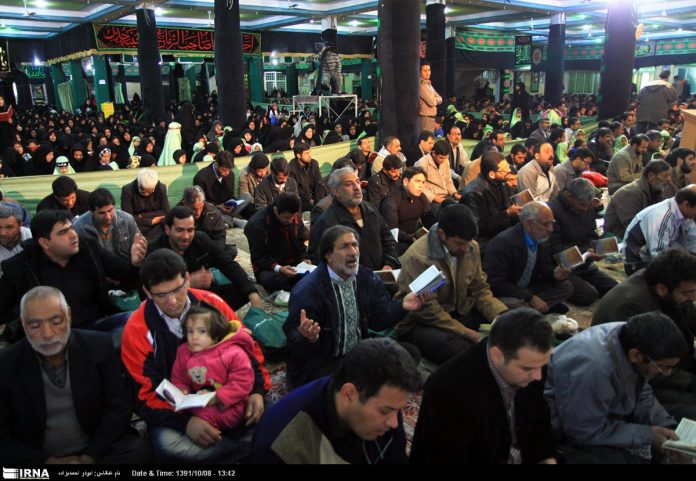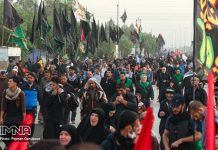This is again the month of God’s feast, Ramadan (read here), the most spiritual time of the year for Muslims, including Iranians. I love this month as there are much more opportunities to connect and speak to God than at any other time of the year. In this post, I’m going to write a little more on this.
Forms of speaking to God
Generally, we speak to God in two major forms. One through Namaz (praying) and second in Dua (Do’a) or Munajat.
Namaz (Salah in Arabic) always is in a standard form which is learned from the religious texts. You have to pray the Namaz only in the form that God has determined. The many different types of Namaz are mainly categorized in two: Wajib (compulsory) and Mustahab (recommended). Wajib includes the 5-time daily prayers. You can read more about Namaz on Wikipedia and I will write about it later in an individual post.
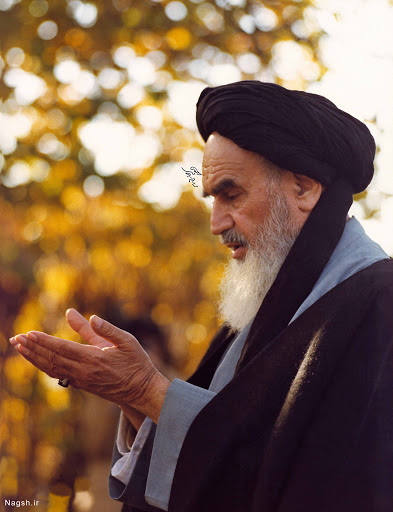
Dua or Munajat is another form of direct talking to God. Anyone can talk to God in any form that he/she wants. Even in Namaz, there’s an activity called Qonoot that is highly recommended in Shia in which you can choose anything (Dua) to say directly to God.
Although you always can decide about how to say Dua and anything to ask from God, the Quran, the prophet, and the Imams have also taught us about it in many situations.
Some examples of Dua in the Quran:
others pray, “Our Lord, give us good in this world and in the Hereafter, and protect us from the torment of the Fire.”
(Baqarah, 102)
And those who pray, “Our Lord! Grant unto us wives and offspring who will be the comfort of our eyes, and give us (the grace) to lead the righteous.”
(Furqan, 74)
My Lord, grant me wisdom; join me with the righteous;
give me a good name among later generations;
(Shuarah, 83&84)
Finding the Best words for Dua
I wrote once about the Mafatih al-Jinan (literally means Keys to Heavens) as a book that is found in most Iranian homes. That’s a book by Sheikh Abbas Qomi, the Iranian Clergy who gathered the Duas (and Ziarat) from credible Islamic texts in one book. It contains daily Duas recommended at different times of the day, famous Duas (e.g. Komail and Sabah), fifteen Munajat from Imam Sajjad, and the Duas specialized in each Hijri calendar month and each important Islamic day (for example, in Ramadan).
Asking God in the words of the righteous and innocent people is both enjoyable and instructive. In these Duas, we learn what are our real needs to ask God according to our creation and our aim of life. Then we learn how we can ask for all these needs from God, from our material needs to our spiritual needs, and from our personal needs to our collective needs. We learn the right literature for talking to God. And we enjoy speaking to him with the words resonating both our head and heart. We admit our humanitarian limitations and ask God to rescue or prevent us from every sin.
See the Duas of Mafatih with English translation here: https://www.duas.org/
So, Duas are not just a way of meditation or emotional motivation. But it is a method to transfer knowledge. The Duas from Imam Sajjad (the 4th Imam of Shia) are for example very famous in this sense. Many of the Duas from him are gathered in an individual book called Sahifeh Sajjadieh. Historically, he was living in hard political limitations as much that he couldn’t even teach people freely. His enemies, however, liked to see him just worshiping and praying instead. Teaching by the means of Dua was his trick to develop his disciples.
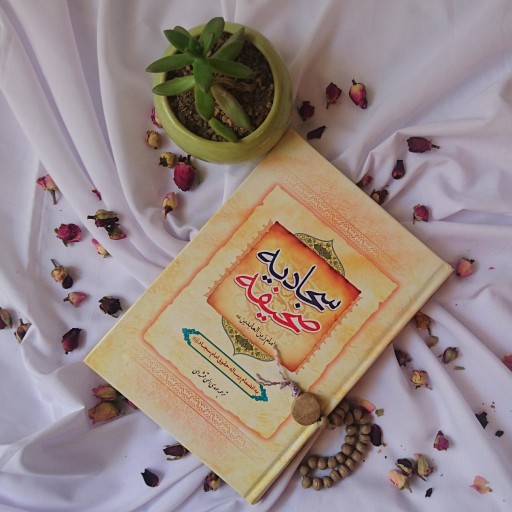
Practicing Dua in the form of Iranians
Like Wajib Namaz that is highly recommended to be prayed collectively (Jama’ah), Iranians like to read the famous Duas in their small or large gatherings. Some of these Duas include Nodbeh (practiced on Friday mornings), Komeil (practiced on Thursday nights), Tawassol (practiced on Tuesday nights), Arafeh (practiced on the day of Arafeh), and Joshan Kabeer which is practiced on the Qadr nights.
The Qadr nights are the three most sacred nights of the year on the 19th, 21st, and 23rd of Ramadan on which the Quran has been revealed to the Prophet Mohammad. On these nights, many people try to stay awakened until Fajr and speak to God individually or collectively. When it’s collective, usually one man reads loud the Duas in a sad sound from Mafatih and others cry and whisper after him. Being with each other makes it more societal and delightful, however, some prefer to connect in their own solitude.
